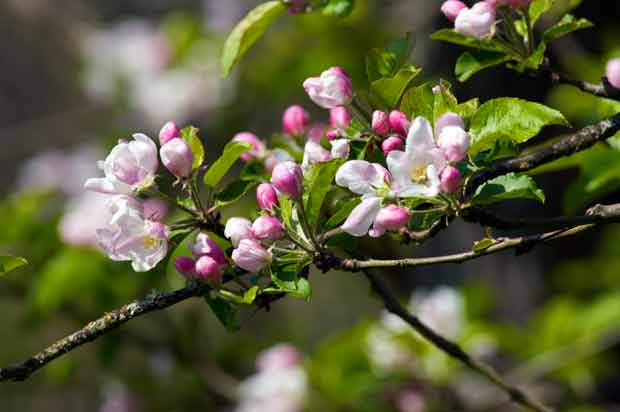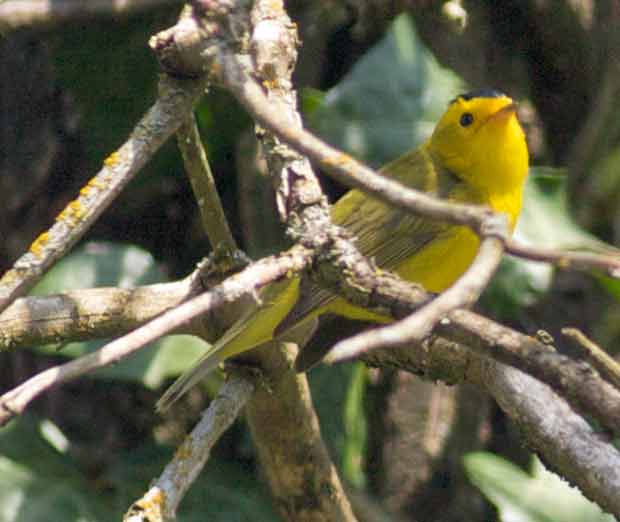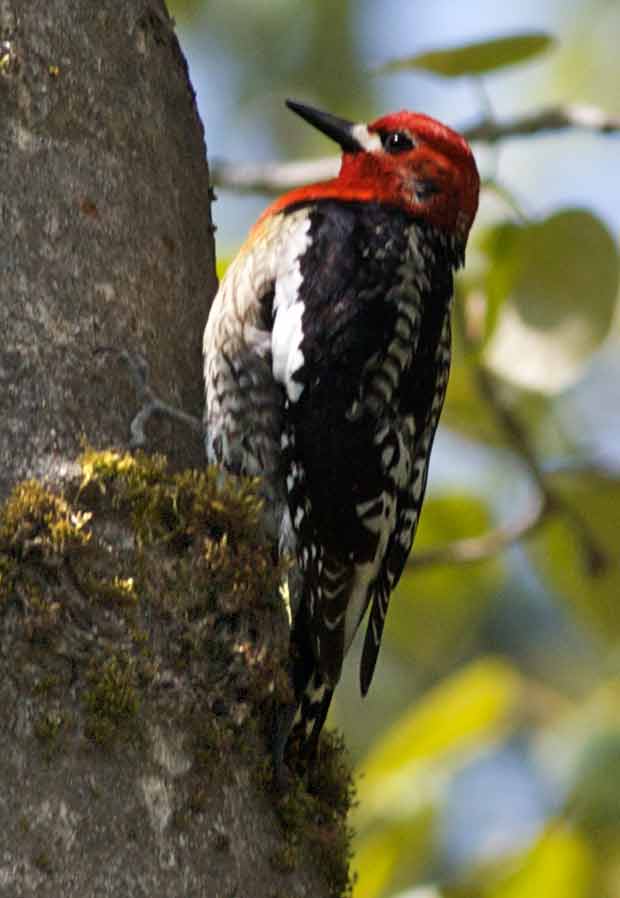Normally, I’m strictly a one-book-at-a-time reader, probably a carry over from my younger days when I’d always try to finish a novel in one sitting, generally on a weekend when I could read all night if I needed to.
Lately, though, I’ve actually been reading three books at once. One is the CSS, Dreamweaver book I’m trying to work my way through, another is Thich Nhat Hanh’s Peace is Every Step, and the one I’m quoting from today is Mike O’Connor’s When I Find You Again It Will Be In Mountains: Selected Poems of Chia Tao.
It’s actually worked out quite well, since the CSS book demands a lot of time at the computer and attention to detail that is at times frustrating. Hanh’s book, on the other hand, consists of short one or two page observations about life which evoke broad reflection rather than practiced precision.
Mike O’Connor’s book seems to demand both attention to detail and calm reflection. It contains about 80 poems, most of which are 16 lines in length. Though deceptively simple, most of the poems lend themselves to further reflection.
Although this isn’t my favorite poem
MOURNING THE DEATH
OF CH’AN MASTER PO-YEN
Fresh moss covers
the stone bed;
how many springtimes
was it the Master’s?
His profile in meditation
has been sketched;
but the body of the meditator
has been burned.
Snow in the pines
has closed the pagoda courtyard;
dust settles in the the lock
on the sutra library.
I chide myself
for these two tears —
a man who hasn’t grasped
the empty nature of all things.
I found it interesting to compare it to this translation by Stephen Owen, found in my old college text Sunflower Splendor edited by Wu-chi Liu and Irving Yucheng Lo:
WEEPING FOR THE ZEN MASTER P0-YEN
Moss covers his stone bed fresh —
How many springs did the master occupy it?
They sketched to preserve his form practicing the Way,
but burned away the body that sat in meditation.
The pagoda garden closes in snow on the pines,
While the library locks dust in the chinks.
I hate myself for these lines of tears falling —
I am not a man who understands the Void.
I think the eight-line translation is the more traditional, but the shortness of the the sixteen-line translation somehow seems closer to the Chinese characters that O’Conner prints next to each poem — though perhaps it merely reminds me of Imagist poems I admire.
Of course since I can’t read Chinese I have no idea which one, if either, is closer in meaning to the original. After I finished reading O’Conner’s book and looked back in Sunflower Splendor I knew immediately which poems I’d read before, which suggests to me that both translators have tried to render the poems’ meanings as accurately as they can.
The biggest difference between the two is suggested by the titles, O’Conner uses “Mourning” while Own uses “Weeping.” To me “mourning” suggests more restraint than “weeping” does; this restraint is also suggested when O’Conner mentions “two tears” while Owen describes “lines of tears falling.” While the “empty nature of things” may mean the same thing as “void,” the connotations seem rather different.
One wonders if Stephen Owen’s translation was influenced by the opinions he offers in the ‘author notes,” particularly “His early poems affected the bizarre exaggeration of the age, even more so than most, so that his poetic daring became something of a joke.” But he also notes that “as the literary fashion shifted away from the hyperbolic style of the early ninth century toward a characteristically Late T’ang aestheticism, Chia Tao became one of the principal figures in the creation of the new style…” It’s obvious that O’Conner generally holds a higher view of Tao, and this may, in turn, have affected his translation of certain poems.
Aesthetically, I find myself more in tune with O’Conner’s translation than with Owen’s translation, but I suspect that reveals more about me than it does about the poetry itself.
Like this:
Like Loading...



